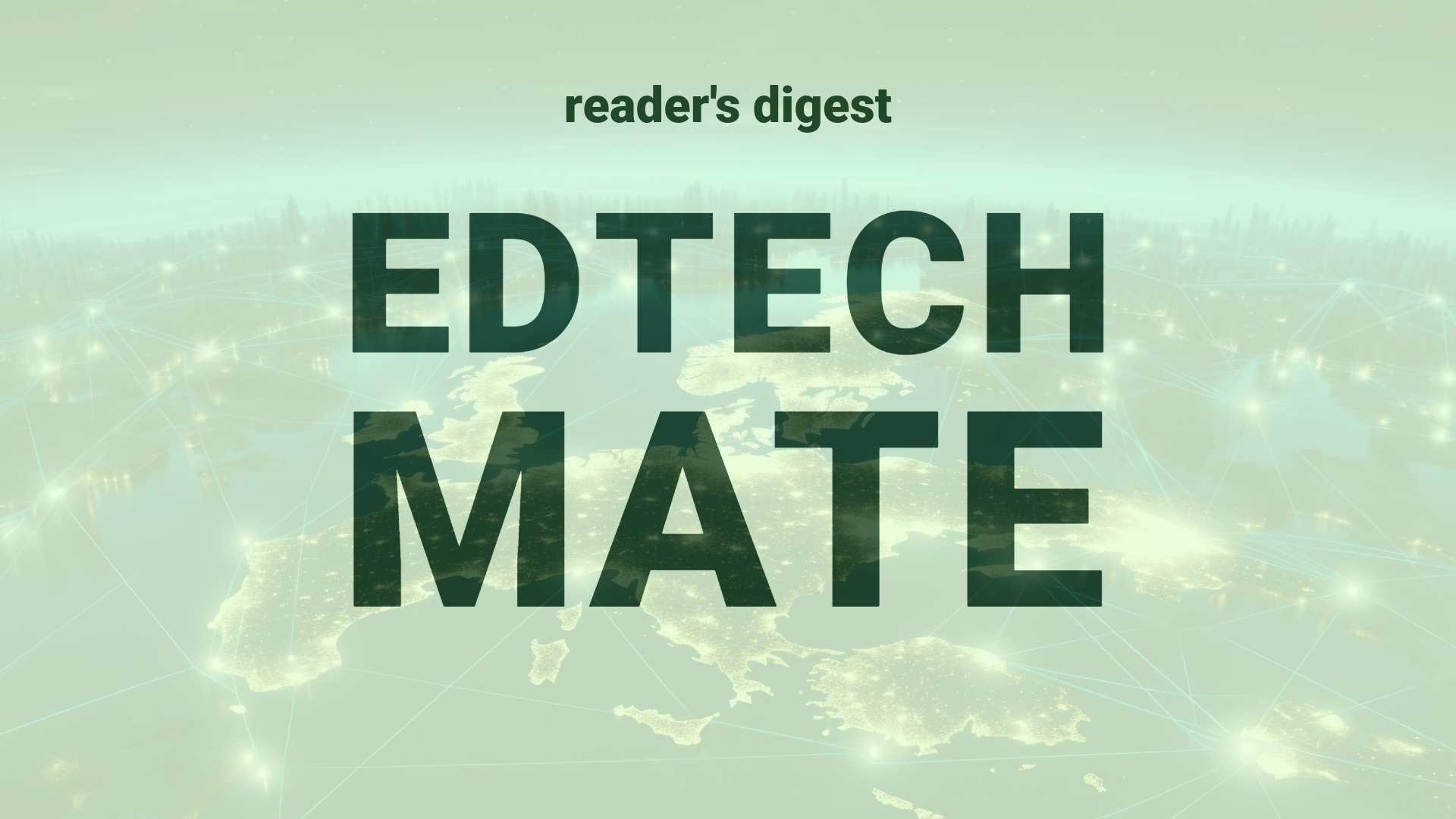Executive Summary and Main Points
The latest insights spotlight the transformative potential of technology investments in fostering a more sustainable and inclusive future within the context of global higher education. Key innovations include the integration of environmental stewardship into business ecosystems to realize goals such as net zero and zero waste, leveraging technology to support diversity, equity, inclusion, and accessibility (DEIA), and driving growth through digitization while upholding social and environmental integrity. Tata Consultancy Services (TCS) collaborating with Microsoft exemplifies strategic digital transformation aligning with sustainability.
Potential Impact in the Education Sector
The thematic drive towards sustainability has the potential to revolutionize Further Education and Higher Education by encouraging institutions to embed green principles into their operational models. Micro-credentials, as emergent education fragments, could similarly be steeped in sustainability narratives, teaching skills for a more responsible economy. The emphasis on DEIA extends to creating an education environment that is more inclusive and accommodating. Strategic partnerships, such as the one between TCS and Microsoft, may set precedent for other education stakeholders aiming for digitalization while aligning with ecological and social imperatives.
Potential Applicability in the Education Sector
Integrating AI and digital tools offers extensive applicability; from creating smart, resource-efficient campuses to personalizing learning experiences that reflect global diversity. AI can be pivotal in analyzing large data sets to ensure effective resource management, while enhancing student engagement through adaptive learning platforms. Educational content and delivery can be innovated to include sustainability and DEIA-focused curriculums. Moreover, through digitization and AI, higher education can expand its reach globally, offering inclusive and accessible education via online platforms.
Criticism and Potential Shortfalls
While the shift towards sustainable and digitized education systems is lauded for its future-forward approach, criticism arises from disparities in global access to technology, risk of widening the digital divide and potential cultural insensitivity. Ethical considerations concerning data privacy and AI bias in education also present challenges. Comparative case studies, such as initiatives in diverse geopolitical contexts, highlight that what works for developed nations may not be directly translatable to developing regions without considering localized educational needs and cultural nuances.
Actionable Recommendations
For the international education leadership to harness these technologies effectively, establishing cross-sector partnerships that share expertise and resources is key. They should prioritize investments in sustainable technology infrastructures and consider adopting a modular approach to course design with an emphasis on micro-credentials focused on sustainability and ethics in technology. Furthermore, fostering a culture of innovation within educational institutions that aligns with DEIA values is crucial. Leaders must also stay vigilant on matters pertaining to equity and ethics, ensuring technology deployment benefits the global education landscape inclusively.
Source article: https://www.cio.com/article/2097623/powering-sustainability-success-with-microsoft-cloud.html

